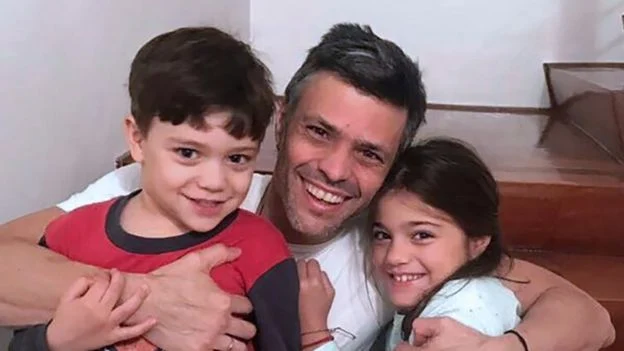Theresa May is to say she has an "unshakeable sense of purpose" to build a "fairer Britain" in her first big speech since losing her majority.
The prime minister will say her commitment to changing the country is "undimmed" a year after taking office.
But she will acknowledge her reduced voting power in the Commons after her election gamble backfired.
And in the speech, on Tuesday, she will urge other parties to work with her on ideas to tackle "unfairness".
Ministers loyal to Mrs May have dismissed reports of plots to remove her as drink-fuelled "gossip", but Labour remains on an election footing, with leader Jeremy Corbyn saying he hopes for a fresh poll in September.
'Gig economy'
Mrs May will return to the message from her first day in Downing Street last July, when she succeeded David Cameron, and vow to lead what she called a "one nation" government that works for all and not just the "privileged few".
BBC political correspondent Chris Mason said: "You won't hear anyone in Downing Street call it a re-launch or a fightback, but after the tumult, the commotion of the last few months - voluntarily calling an election in which she went backwards - Theresa May will this week attempt to regain the political initiative".

Analysis
By BBC political correspondent Chris Mason
Theresa May's speech is a pitch for cross-party consensus.
"Come forward with your own views and ideas about how we can tackle" the challenges the country faces, Mrs May will say, adding: "We may not agree on everything, but ideas can be clarified and improved and a better way forward found."
Bluntly, it is an explicit acknowledgement of her fragility; her authority and majority shrivelled.
Government sources say it is a mature approach that maintains a commitment to taking on big, difficult and complex challenges; not just Brexit but reform of social care, too, for instance.
Labour says Mrs May's speech proves the Conservatives have "completely run out of ideas" and were reduced to "begging" for policy proposals from them.

In her speech, the PM will say that though the result of June's election was not what she wanted, "those defining beliefs remain, my commitment to change in Britain is undimmed".
Her "belief in the potential of the British people and what we can achieve together as a nation remains steadfast, and the determination I have to get to grips with the challenges posed by a changing world never more sure", she will say.
She will say she is convinced that the path she set out in her first speech outside Number 10 remains the right one.
"It will lead to the stronger, fairer Britain that we need."
She will launch a review - of casual and low-paid work - by Matthew Taylor, a former top adviser to Tony Blair, which she commissioned when she became prime minister.
It is thought Mr Taylor, who has been examining the use of zero-hours contracts and the rise in app-based firms such as Uber and Deliveroo, will stop short of calling for a compulsory minimum wage for those employed in the so-called gig economy, who do not have guaranteed hours or pay rates.
But he is expected to propose a series of extra rights for those in insecure jobs and could also recommend shaking up the tax system to reduce the gap between employees and the self-employed.
He is also likely to call for measures to improve job satisfaction for people working in minimum wage jobs, according to The Guardian.
'Battle of ideas'
In her speech, Mrs May will say: "When I commissioned this report I led a majority government in the House of Commons. The reality I now face as prime minister is rather different.
"In this new context, it will be even more important to make the case for our policies and our values, and to win the battle of ideas both in Parliament as well as in the country.
"So I say to the other parties in the House of Commons... come forward with your own views and ideas about how we can tackle these challenges as a country.
"We may not agree on everything, but through debate and discussion - the hallmarks of our parliamentary democracy - ideas can be clarified and improved and a better way forward found."
She will acknowledge the fragile nature of her position in the Commons but insist it will not stop her taking "the bold action necessary to secure a better future".
BBC NEWS






















